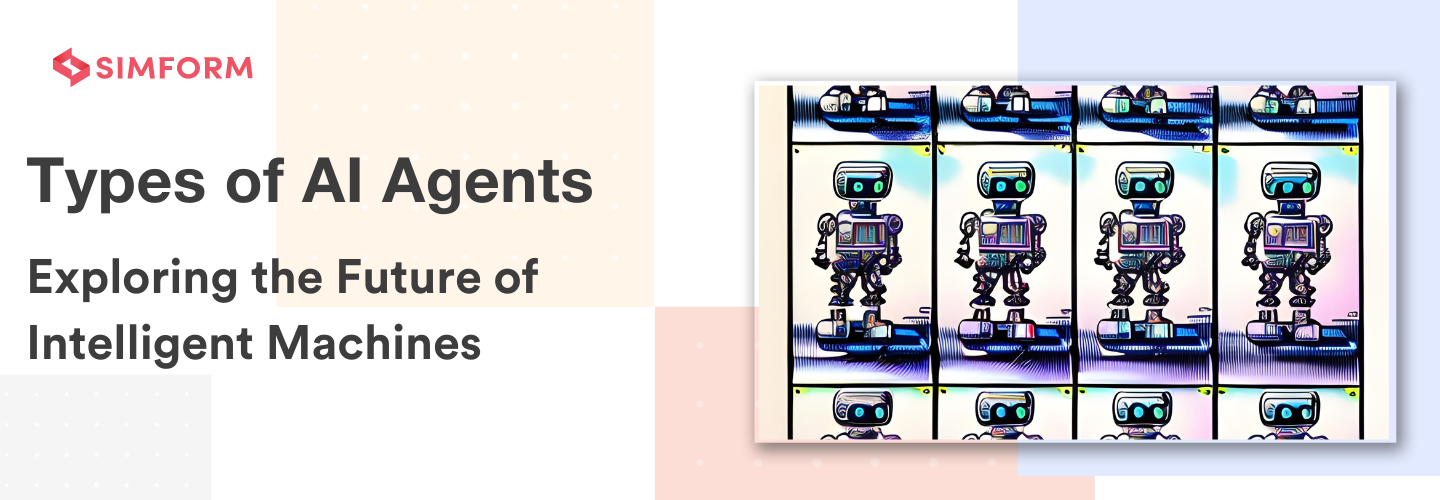Expert Insights for the AI Business Revolution
Practical AIPractical application of artificial intelligence (AI) technologies: That’s the need that inspired this column, and addressing that need was central to Microsoft CEO Satya Nadella's keynote at this year’s Microsoft Ignite conference in Chicago. "What lean did for manufacturing," he declared, "AI will do for knowledge work."
The Agentic World
Anyone watching the introduction of AI over the past few years might be forgiven for seeing this development as something simple, like having AI write their emails and reports for them. But the emergence of the Copilot Ecosystem, as Nadella called it, is anything but. "Copilot is the UI for AI," he explained, "It’s rapidly becoming an organizing layer for work and how work gets done."
There’s an Agent for That!
The mechanism of this organizing layer comes in the form of agents. Nadella described the process as beginning with every employee having a copilot that knows them. That knows their work, and can help them unlock new levels of productivity, enhancing their creativity, and saving them time. Simply stated, AI agents are intelligent routines designed to perceive the environment they’re in, make decisions based on criteria, and then take specific actions to achieve specific goals either with human oversight or autonomously. They’re digital assistants that sense, observe, reason, and act based on programmed objectives. Copilot Studio, which includes components of the previous Power Virtual Agents platform, allows those employees to create agents that automate business processes.
At first hearing that, experienced Microsoft Office veterans may think of macros and the macro language built into each application in the Office suite enabling users to automate tasks leveraging any or all of them. But agents are far more than simple macros. Nadella described three breakthroughs "that manifest in three capabilities that are exponentially getting better," including: These breakthroughs enable agents that can "act on our behalf, across our work and life, across teams, business processes as well as organizations."
Changing Our Thinking
Agents have the potential to change the way we think about and interact with software. They can be configured to provide a specific service upon request, or to act autonomously to make observations and take specific actions in response to different circumstances. These may be periodic activities based on specific timing, or in response to other actions by other agents, systems, or even humans. The lightest weight example of how this changes our interactions comes when you build an agent to retrieve specific reports for you and deliver them to a specified destination on a periodic basis.

One big difference between macros and agents is simply that agents are able to examine and evaluate criteria and make varying decisions based on them. Their ability to make those decisions makes them eligible to take on tasks that formerly required human action. This holds the promise of saving people enormous amounts of time, especially because they get to choose what needs to be handled and automated. And, according to Nadella, creating an agent in Copilot Studio will be as simple as creating a doc in an Office app. Given that Copilot is deeply integrated into the entirety of the Microsoft 365 suite, it lives right where most users live, in the pursuit of productivity.
Redefining Development, Too
Individual users are not the only ones who can expect to benefit from these new breakthrough technology improvements. Developers will find new flexibility, new nuance, and new possibilities in the Azure AI Foundry.
Formerly known as Azure AI Studio, AI Foundry is designed to help developers build generative AI applications on an enterprise-grade platform. Here they will also explore, build, test, and deploy AI tools and ML models all grounded in responsible AI practices. They will be able to collaborate with a team for the full life-cycle of their application development projects. Even the process of working in either Copilot Studio or Azure AI Foundry is highly interactive, leveraging the advantages of having systems that can receive plain language instructions and act accordingly to help build the required agents and applications.
Agentic All Around
Microsoft is by no means alone in its embrace of our agentic future. Salesforce has introduced its Agentforce service to provide agent-creating capabilities within their platform. ServiceNow, Amazon, Siemens, IBM, Nvidia, Google, Open AI, and GE Healthcare Technologies are just a few of the major corporations investing heavily in an agentic future.
There to Improve Our Lives
Whether you’re a knowledge worker or an application developer Microsoft has translated AI and ML into key tools of your working life, enabling you to automate repetitive tasks, fundamental tasks, and far more. You will find yourself doing far more than configuring your agents, you will be interacting with them from the moment you conceive of one to the moment you put it to work for you, and beyond. And when you think about something you need done, you’ll remember, "There’s an agent for that!"




















